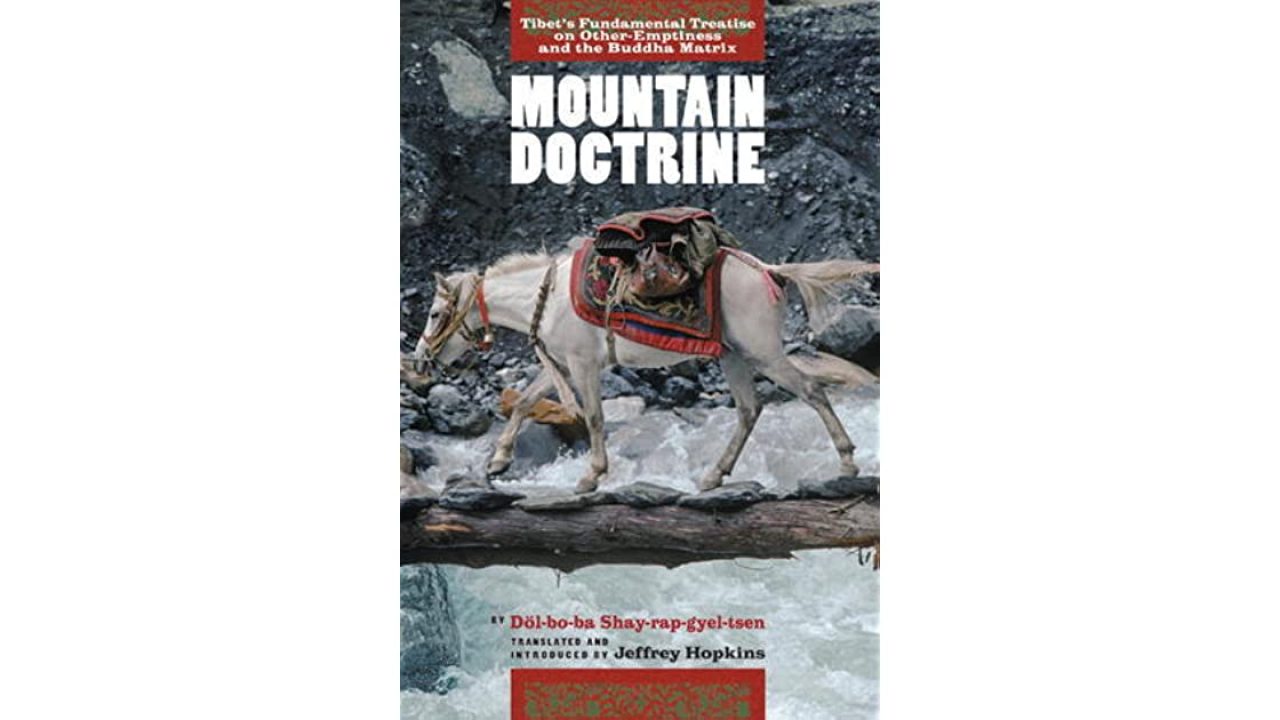Eleventh
He says that “subjects that cannot withstand analysis and finally disintegrate are empty of their own entities.” Self-empty phenomena do not appear to wisdom of reality, since they do not exist in the mode of subsistence.
Conventional phenomena only provisionally exist in that they exist only for consciousness, which is necessarily mistaken, and thus what appears to pristine wisdom does not appear to consciousness and what appears to consciousness does not appear to pristine wisdom. Hence, conventional phenomena do not appear to buddhas; even conventional buddha-qualities of body, speech, and mind do not appear to a buddha, being only for the sake of trainees to whom they appear.
Nevertheless, buddhas are omniscient, since they implicitly know the phenomena of cyclic existence, for when they explicitly know the ultimate, they implicitly know that these conventional phenomena do not exist. As he says: These three realms, which are appearances of ignorance, do not appear to the pristine wisdom of one awakened from the sleep of ignorance because these three realms are appearances of consciousness and whatever is consciousness is ignorance.
The spheres of wisdom and consciousness are separate. Döl-bo-ba argues that if emptiness were only self-emptiness, then since self-emptiness would be thusness (the ultimate), all phenomena that are self-empty (and thus are self-emptiness) would themselves absurdly be thusness. He rubs in the point by elaborating that all of the following would absurdly be the ultimate. those with perverse attachment adventitious things changing into something else and again into something thing else.
